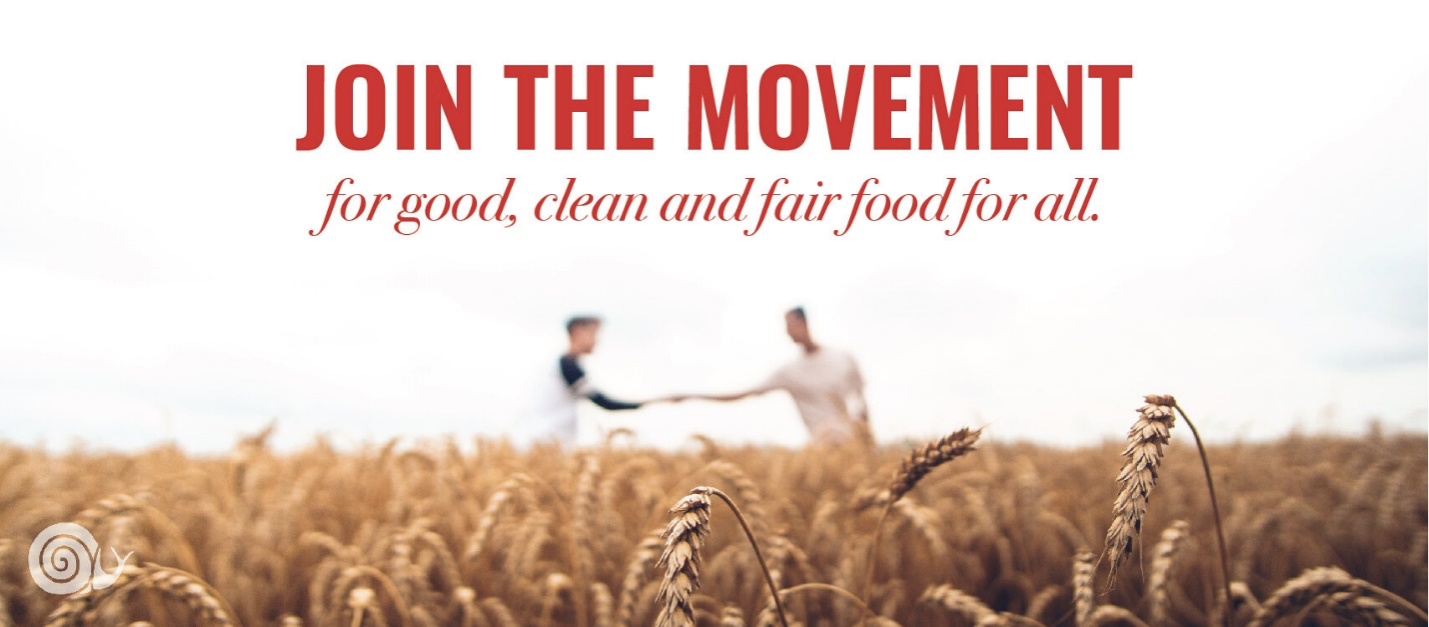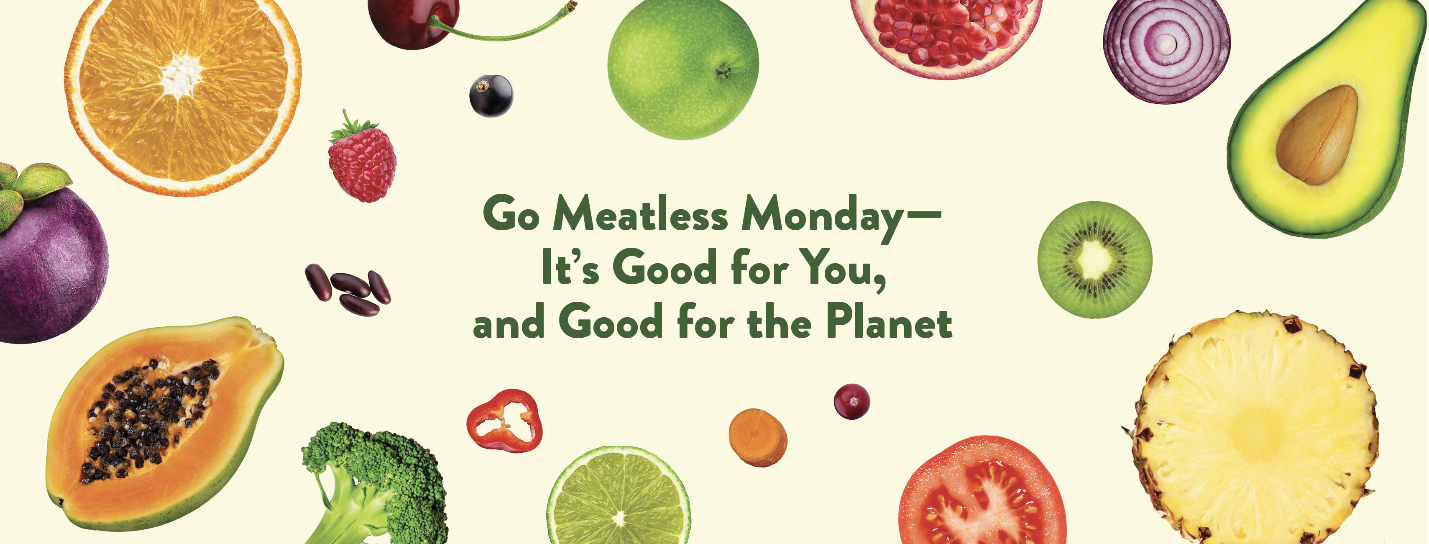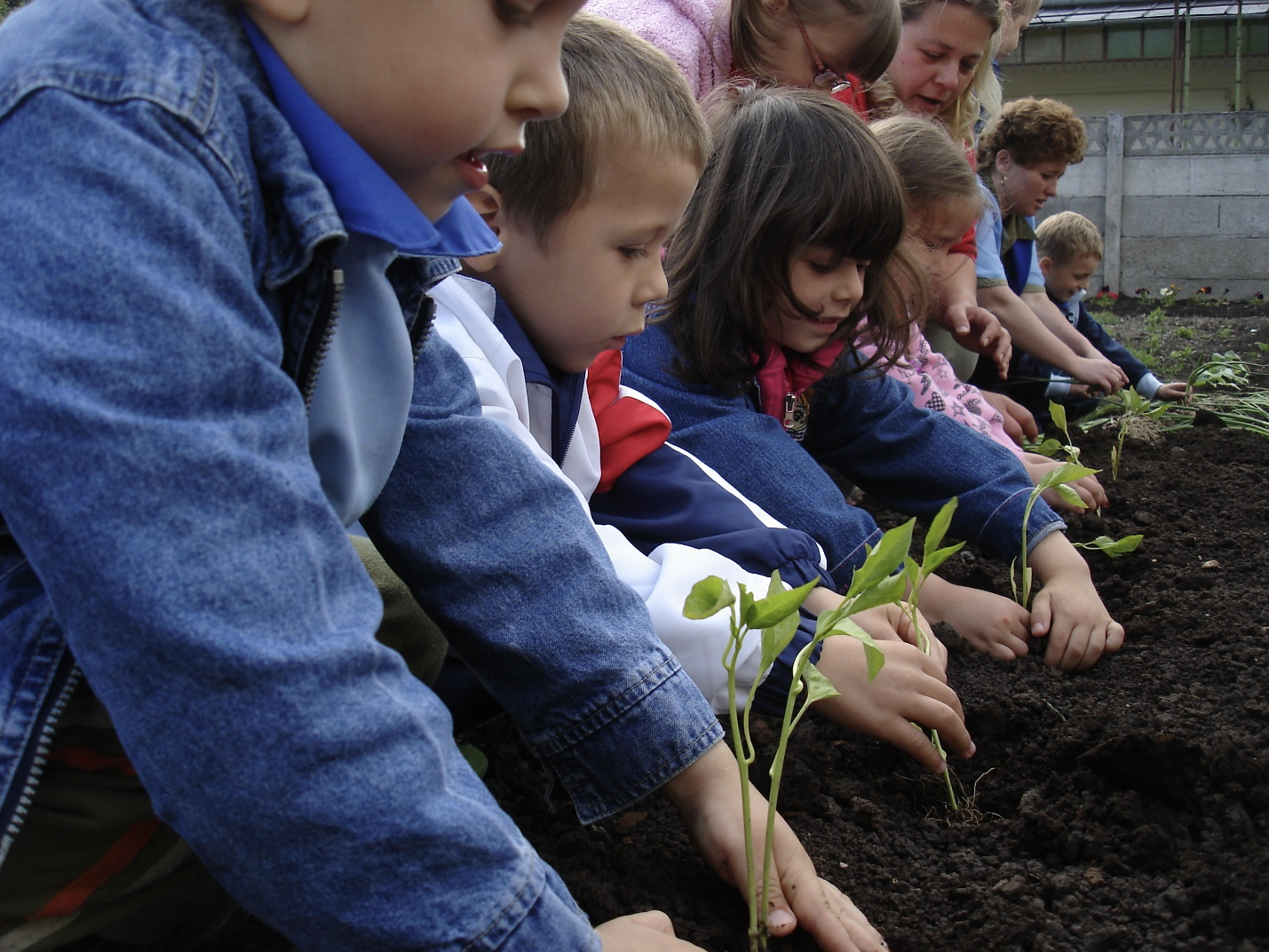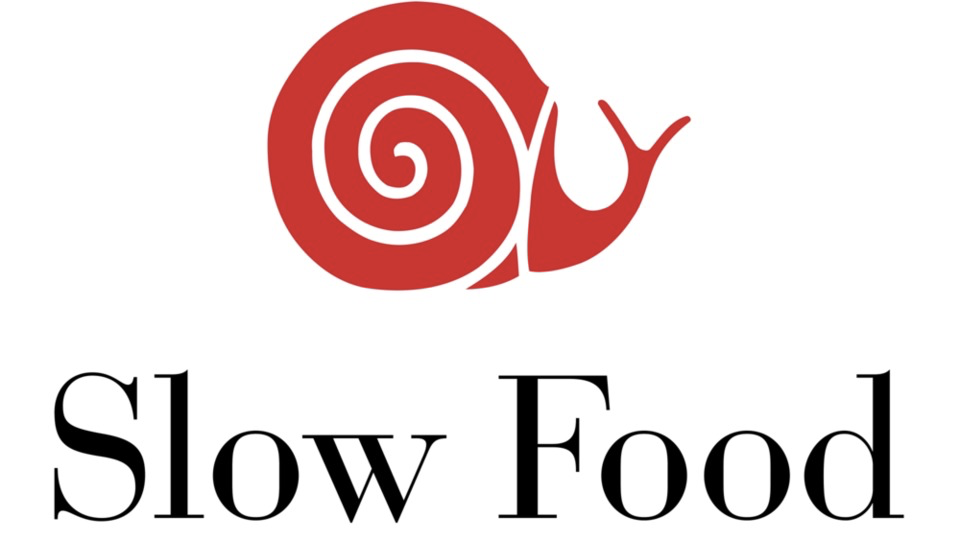SLOW FOOD Instead of FAST FOOD is Profound Food for Thought!
Over thirty years ago, a large group of Italians gathered in Rome for a protest. Why? A fast food franchise was opening at the base of the iconic Spanish Steps. Instead of throwing rocks and yelling, the activists brought in a big bowl of penne pasta and shared it with the crowd that gathered, chanting: “We don’t want fast food. We want Slow Food!”

That gathering was the birth of the Slow Food movement and the rest is now history. Today, this organization is in over 160 countries, with 150 chapters in the United States (go to www.slowfoodusa.org and click on the LOCAL CHAPTERS button to find yours).
Slow Food USA has an ambitious goal: good, clean and fair food for all. Their method is to reconnect Americans with the people, traditions, plants, animals, fertile soils, and waters that produce our food. Part of their work is to inspire transformations in food policy and improvements in food production practices.

In speaking of their goal, they’re saying everyone, every day, has the right to delicious nutrition (GOOD FOOD). They’re saying that life is better for everyone, every day, when they eat locally, seasonally, and sustainably grown foods, because this protects natural resources for future generations (CLEAN FOOD). And they’re saying that everyone, every day should be able to enjoy food that’s been grown and produced by workers who experience dignity of labor from field to fork (FAIR FOOD).
Slow Food members believe it’s not just important, but absolutely crucial for farmers, producers, cooks, and consumers to work together in order to defend our agricultural heritage.
The organization has several major campaigns—“Ark of Taste,” “Share a Seed,” “Plant a Seed,” and “Slow Meat” (which is responsible for the Meatless Mondays movement).

And besides their local and international chapters and their Slow Meat campaign, they have other means of networking people: Slow Fish, Slow Food, Slow Seed, Slow Books (which is a curated list of books and resources that speak to Slow Food values—food you love, diverse food cultures, historical foodways, food justice, and the joy of eating).
They also promote the movement through their Farm Policy, Cook’s Alliance, and School Gardens.
Of all the Slow Food work, I have an especially deep appreciation for their School Gardens. The School Garden Network (aka Garden to Cafeteria) connects students with their food by teaching them how to grow, cook and enjoy real food right where they spend their days, on school property. Through this education and skill building, children become confident, active and informed participants in their food options. And as they make wise personal eating choices, they also make a positive impact on the larger world of food and farming well into the future.

Various types of gardens are appearing on school grounds all over the world (over 5,000 across the United States alone) and are being built by parents, school departments, and community partners. These gardens connect children with hands-on nature experiences that complement the academic studies in the classroom. Today children are growing, harvesting, preparing and eating healthy food from their school gardens.
The snail happens to be the organization’s symbol because it is so opposite of today’s lifestyle. According to Slow Food founders, “The invention of machines and the resultant industrialization morphed into a life model. Thus today, we’re enslaved by speed and have succumbed to an insidious virus: Fast Life. Fast Life deteriorates the quality of our day-to-day experiences and exerts insidious influence over our choices—right down to what and how we eat.

“In the name of productivity, Fast Life has changed our way of being and threatens our environment and our landscapes. Slow Food is a firm protest against the universal folly of Fast Life. Let us slow down and rediscover the flavors and savors of regional cooking and banish the degrading effects of Fast Food. Without question, OUR DEFENSE SHOULD BEGIN AT THE TABLE WITH SLOW FOOD.”
What profound food for thought!
blog comments powered by Disqus

That gathering was the birth of the Slow Food movement and the rest is now history. Today, this organization is in over 160 countries, with 150 chapters in the United States (go to www.slowfoodusa.org and click on the LOCAL CHAPTERS button to find yours).
Slow Food USA has an ambitious goal: good, clean and fair food for all. Their method is to reconnect Americans with the people, traditions, plants, animals, fertile soils, and waters that produce our food. Part of their work is to inspire transformations in food policy and improvements in food production practices.

In speaking of their goal, they’re saying everyone, every day, has the right to delicious nutrition (GOOD FOOD). They’re saying that life is better for everyone, every day, when they eat locally, seasonally, and sustainably grown foods, because this protects natural resources for future generations (CLEAN FOOD). And they’re saying that everyone, every day should be able to enjoy food that’s been grown and produced by workers who experience dignity of labor from field to fork (FAIR FOOD).
Slow Food members believe it’s not just important, but absolutely crucial for farmers, producers, cooks, and consumers to work together in order to defend our agricultural heritage.
The organization has several major campaigns—“Ark of Taste,” “Share a Seed,” “Plant a Seed,” and “Slow Meat” (which is responsible for the Meatless Mondays movement).

And besides their local and international chapters and their Slow Meat campaign, they have other means of networking people: Slow Fish, Slow Food, Slow Seed, Slow Books (which is a curated list of books and resources that speak to Slow Food values—food you love, diverse food cultures, historical foodways, food justice, and the joy of eating).
They also promote the movement through their Farm Policy, Cook’s Alliance, and School Gardens.
Of all the Slow Food work, I have an especially deep appreciation for their School Gardens. The School Garden Network (aka Garden to Cafeteria) connects students with their food by teaching them how to grow, cook and enjoy real food right where they spend their days, on school property. Through this education and skill building, children become confident, active and informed participants in their food options. And as they make wise personal eating choices, they also make a positive impact on the larger world of food and farming well into the future.

Various types of gardens are appearing on school grounds all over the world (over 5,000 across the United States alone) and are being built by parents, school departments, and community partners. These gardens connect children with hands-on nature experiences that complement the academic studies in the classroom. Today children are growing, harvesting, preparing and eating healthy food from their school gardens.
The snail happens to be the organization’s symbol because it is so opposite of today’s lifestyle. According to Slow Food founders, “The invention of machines and the resultant industrialization morphed into a life model. Thus today, we’re enslaved by speed and have succumbed to an insidious virus: Fast Life. Fast Life deteriorates the quality of our day-to-day experiences and exerts insidious influence over our choices—right down to what and how we eat.

“In the name of productivity, Fast Life has changed our way of being and threatens our environment and our landscapes. Slow Food is a firm protest against the universal folly of Fast Life. Let us slow down and rediscover the flavors and savors of regional cooking and banish the degrading effects of Fast Food. Without question, OUR DEFENSE SHOULD BEGIN AT THE TABLE WITH SLOW FOOD.”
What profound food for thought!
Sources:
- www.viator.com
- www.slowfoodnyc.org
- www.mondaycampaigns.org
- www.slowfoodusa.org
- www.nashvillescene.com
 Alice Osborne
Alice Osborne
Weekly Newsletter Contributor since 2006
Email the author! alice@dvo.com
